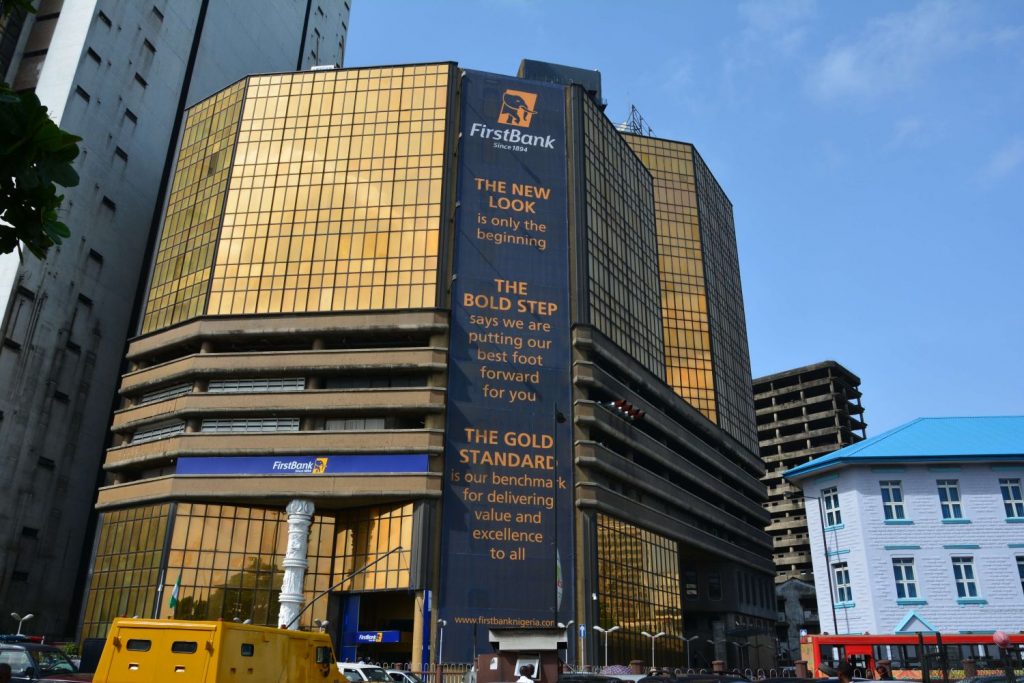
How to Unblock Your First Bank Account and ATM Card
Blocked First Bank accounts and ATM cards can cause a lot of trouble, disrupting your daily finances. There’s no need to worry—I’ve got you covered. This guide covers various methods for unblocking First Bank accounts and ATM cards, whether you prefer the app, visiting a branch, or contacting First Bank by phone. Moreover, we’ll share some tips for preventing this from happening again.
Key Takeaways
Multiple Methods: Whether you prefer technology or personal interactions, there are various ways to unblock your First Bank account or ATM card.
Proactive Measures: Implementing security measures like double-checking your PIN and enabling transaction alerts can prevent future blocks.
Stay calm: A blocked account is often a temporary setback. With the right steps, you can quickly regain access to your financial resources.
Methods to Unblock Your First Bank Account
The following are five ways to unblock your First Bank account:. There are pros and cons to each method, so choose the one that is most suitable for you.
1. Contact Customer Care
The quickest way to resolve the issue is by contacting First Bank’s customer care service, available 24/7.
Steps:
-
Call the First Bank customer care line.
-
Follow the automated prompts to speak with a representative.
-
Provide your account number, full name, and answers to security questions.
-
Follow the representative’s instructions to unblock your account or card.
Pros:
-
Immediate response.
-
Available around the clock.
Cons:
-
Potentially long wait times.
-
Call charges may apply.
2. Use the First Bank Mobile App
Using the First Bank mobile app is convenient if you’re comfortable with technology.
Steps:
-
Download and install the First Bank mobile app from the Google Play Store or Apple App Store.
-
Log in with your credentials.
-
Navigate to ‘Account Services’ or ‘Card Management.’
-
Follow the instructions to unblock your account or card.
Pros:
-
It can be done anytime, anywhere.
-
There is no need to speak with customer care.
Cons:
-
Requires internet access.
-
Your account may be too restricted for app login.
3. Visit a First Bank branch.
Visit your local First Bank branch if you prefer face-to-face interactions.
Steps:
-
Visit a First Bank branch during working hours.
-
Wait for your turn by taking a number.
-
Explain the situation to the customer service representative.
-
Present your identification and account details for verification.
Pros:
-
Direct communication.
-
Immediate resolution.
Cons:
-
Limited to bank working hours.
-
Possible long waiting times.
4. Using First Bank Internet Banking
You can use First Bank’s internet banking platform if you have access to a computer.
Steps:
-
Visit First Bank’s internet banking portal.
-
Log in with your credentials.
-
Navigate to ‘Account Services’ or ‘Card Services’.
-
Follow the on-screen instructions to unblock your account or card.
Pros:
-
Can be done at home.
-
User-friendly interface.
Cons:
-
Requires internet access.
-
Potential browser compatibility issues.
5. Using the USSD Code
The USSD code on your mobile phone can also be used to unblock your First Bank account.
Steps:
-
Dial *894*911# from the phone number linked to your First Bank account.
-
Select option 2 to unblock your USSD code.
-
Enter your 5-digit USSD code and PIN.
-
Confirm the action.
Pros:
-
Quick and easy.
-
No internet is required.
Cons:
-
Limited to mobile users.
Tips to Prevent Future Blocks
-
Double-Check Your PIN: Before confirming any transaction, ensure you’ve entered the correct PIN to avoid multiple failed attempts.
-
Enable Transaction Alerts: Stay updated on all account activities to detect suspicious activity.
-
Regularly Update Passwords: This general security measure protects your account.
-
Keep Your Details Confidential: Avoid sharing your account information to minimize unauthorized access.
Conclusion
If your First Bank account or ATM card is blocked, it can be a significant inconvenience, but it is usually resolvable. There are multiple ways to get back on track, including contacting customer service, using the mobile app, or visiting a branch. Take preventive measures to avoid similar issues in the future. Enjoy your banking experience!
Feel free to leave a comment below if you have any questions about this post. We’ll get back to you as soon as possible.
Leave a Reply